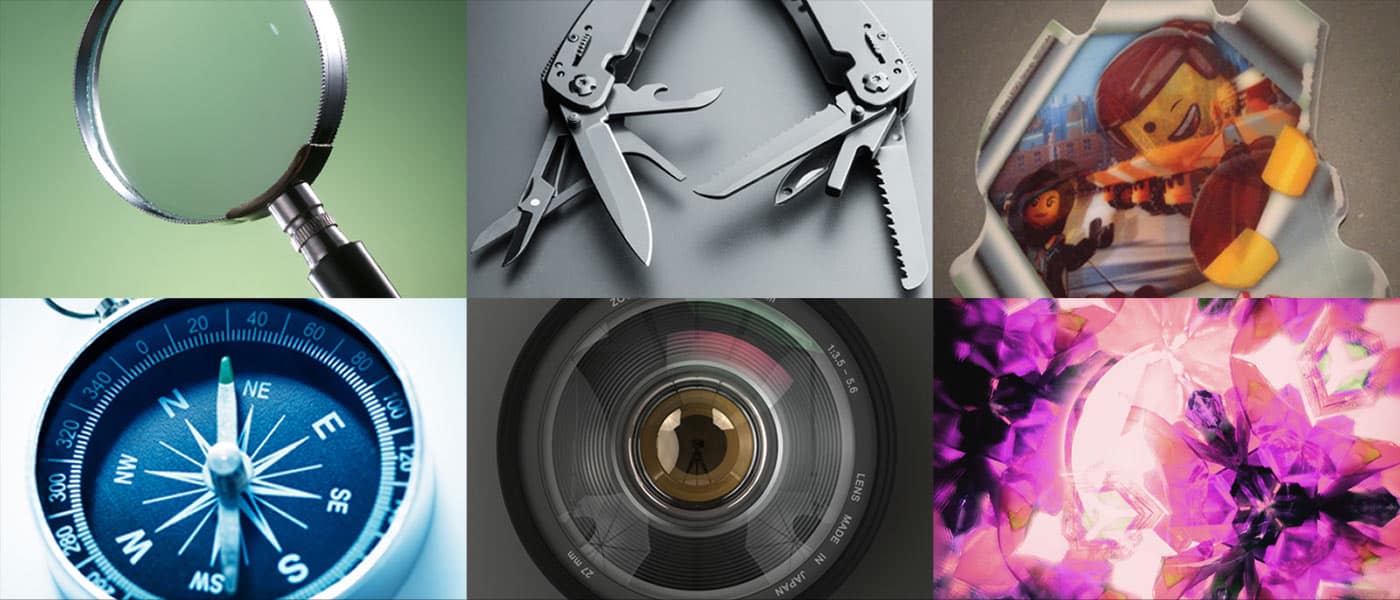What does a UX lead do?
UX Lead Dereck Johnson examines exactly what his role as UX lead is, and how it can be defined by six objects.
Following on from a post from FutureLearn creative Director Lucy Blackwell about what she does, UX Lead Dereck Johnson examines how his role as UX lead can be defined by 6 objects.

During a recent design catch up our Creative Director Lucy explained that she’d been reflecting on her position within FutureLearn and trying to define what she does as a Creative Director. While doing this she started to look at objects that represented something she does or something she should do more of.
After sharing what the objects were and what they meant, Lucy threw down the challenge to whole FutureLearn design team to do the same – find up to six objects that define what you do in within FutureLearn.
As my own role within FutureLearn has recently changed to UX Lead, now seemed the right time to define how I think my new role might shape up.
Six objects that define a UX Lead.

1. Magnifying Glass – always asking why?
In our digital age the magnifying glass has come to represent search. But to me it means old detectives looking for clues – asking who and most importantly why? Working on UX definitely involves elements of detective work: whenever tasked with a problem, I want to understand why we need to solve it and who will benefit. By asking why at every opportunity I hope to gain a better understanding of what it is we’re trying to solve. Asking why also makes the requester stop and think about what they’re asking which can help us both to understand exactly what the final goal is.

2. Multitool – many complementary tools but one core use
A multitool represents how working in UX requires a collection of different but complementary skills, with a stronger focus in one area. Commonly described as a T-shaped skillset, I should have the skills to take on and complete any part of a project. However this doesn’t mean being the hero who solves everything, instead I should be encouraging and enabling others to solve problems – using my experience to help guide decisions when required.

3. Lenticular Image – take different points of view
With every situation there is always more than one point of view. Although it’s impossible to focus on all the individual views at once, working in UX requires me to try to see each view and gain a solid understanding of them all. By acknowledging each view, it affords me understanding and empathy with each one – only then can I consider the whole story.

4. Compass – guiding the way
As UX Lead I’m not here to dictate the route that FutureLearn travels, instead I’m here help guide: to say we need to go in this direction to reach this point, or turn off this way to end up here. My experience acts like the magnetic field that controls a compass, it tells me which way leads where, and I can use this to help the company stick to its shared goals.

5. Zoom lens – seeing the big picture, but not losing the detail
Within my new role I believe that for the most part I should be focused on a wide, holistic, view of our product. However, when needed, I should be able to zoom in on certain areas to bring clarity and overall coherence to projects. This helps to ensure a consistent experience throughout our learners journey.

6. Kaleidoscope – shake things up and create intrigue
With a strong sense of what should be done, via research and needs, it can become easy to drift into production mode answering questions and solving problems based solely on data. Sometimes it’s it’s necessary to shake things up a little. My job involves asking the ‘what if’ questions, taking chances and sometimes making radical changes. I want to make sure we don’t always do what’s easy, that we explore and test new ideas, forging our own path rather than settling for the accepted ‘best practice’ or ‘safe’ option.
I feel these six objects are just a starting point – will I still feel the same way at the end of this year? Who knows, but it might be fun to reflect on this when the time comes. Now it’s over to you, what objects would you chose to explain your role and why?
Want to know more about the way we work? Take a look at all of our “Making FutureLearn” posts.




